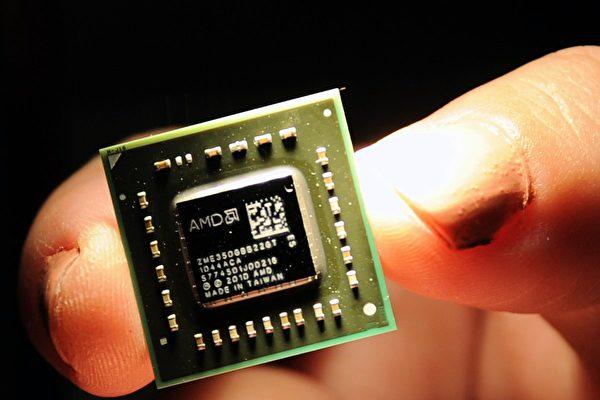China’s government has unveiled new guidelines to phase out the use of U.S.-made microprocessors from Intel and AMD in government personal computers and servers, the Financial Times reported.
The Chinese Finance Ministry and the Ministry of Industry and Information unveiled the new guidelines on Dec. 26, 2023. The report states that government agencies above the township level have been told to purchase “safe and reliable” processors and operating systems.





